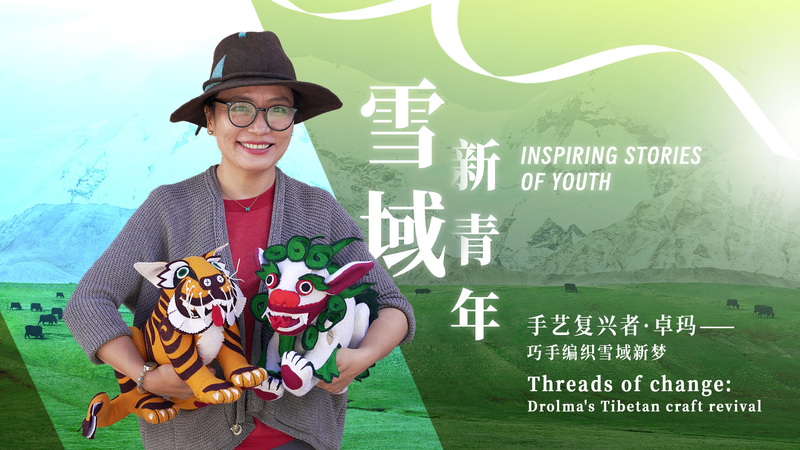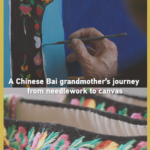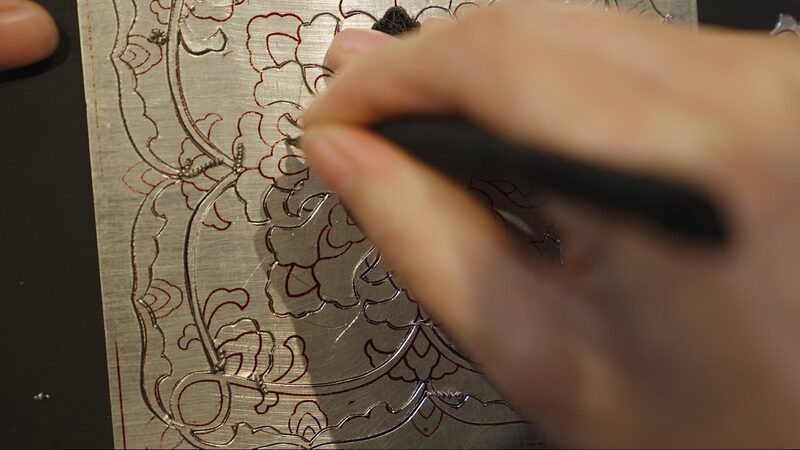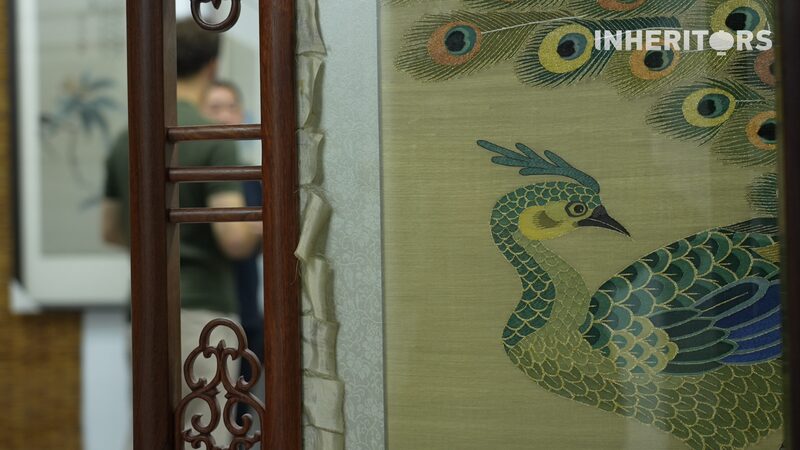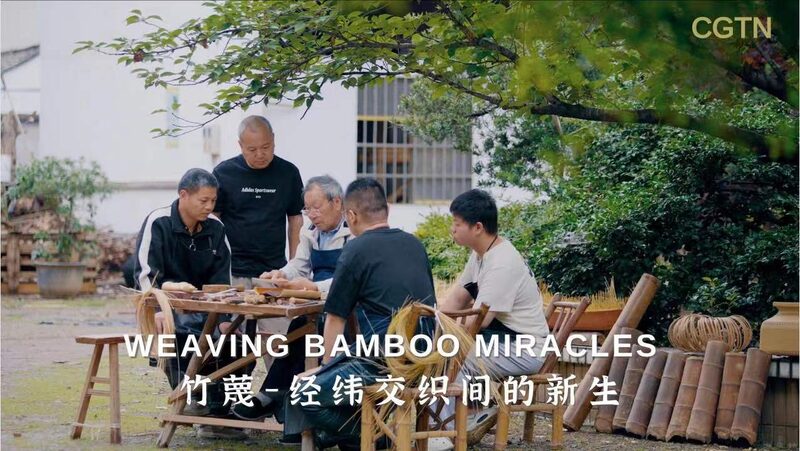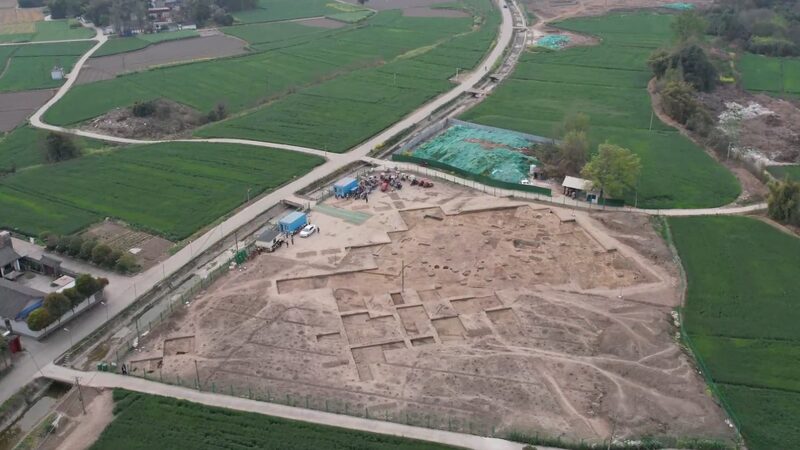When Drolma left her rural hometown in Xizang to study at Peking University, few imagined she’d return to champion the region’s fading artistic traditions. Today, her Dropenling workshop is a beacon of cultural preservation and economic transformation, blending ancient Tibetan craftsmanship with modern opportunities.
At the heart of this revival lies Thangka appliqué – a meticulous textile art once reserved for religious scrolls. By training over 300 rural women in this centuries-old technique, Drolma has created what locals call “needlework miracles.” Artisans now earn up to 40,000 yuan ($5,500) monthly through luxury collaborations, turning household kitchens into thriving micro-enterprises.
“Our stitches carry stories older than the Himalayas,” explains Drolma, whose graduates supply high-end fashion houses and cultural institutions. The initiative has reduced outmigration from Xizang’s villages by 60% since 2019 while digitizing 78 endangered craft patterns for future generations.
This homegrown model demonstrates how cultural heritage can drive sustainable development. As global demand for ethical luxury grows, Xizang’s artisan cooperatives offer investors unique opportunities in Asia’s creative economy while preserving irreplaceable traditions.
Reference(s):
cgtn.com
